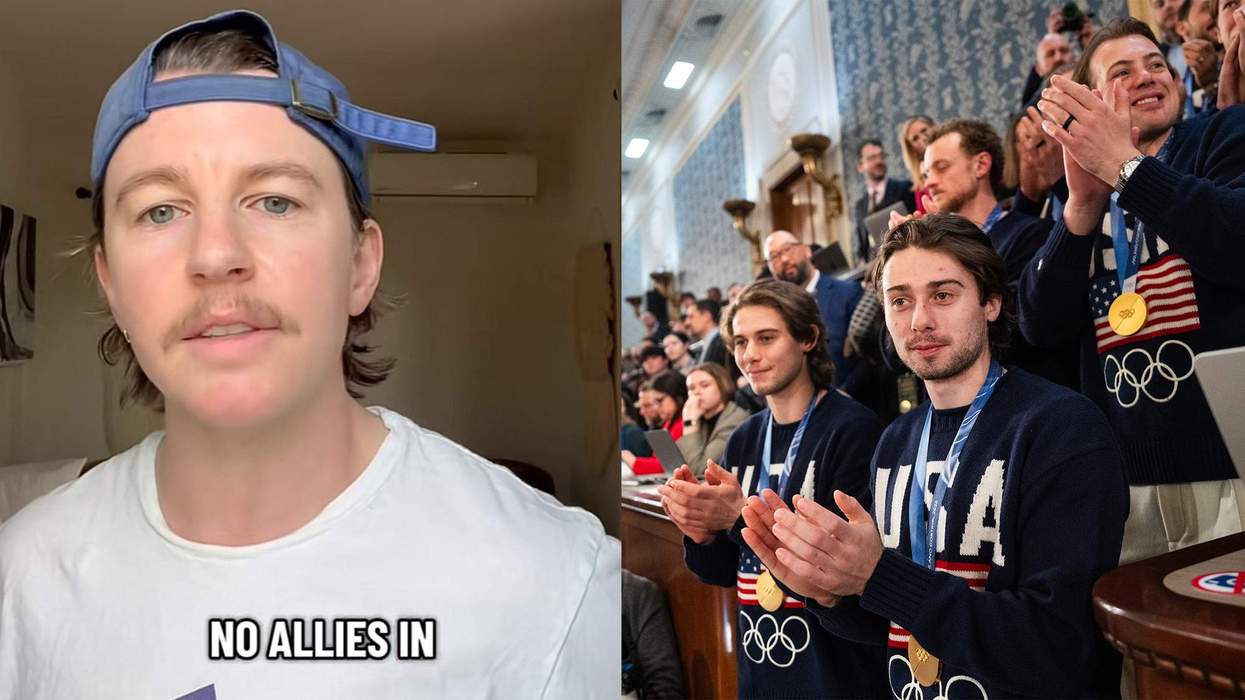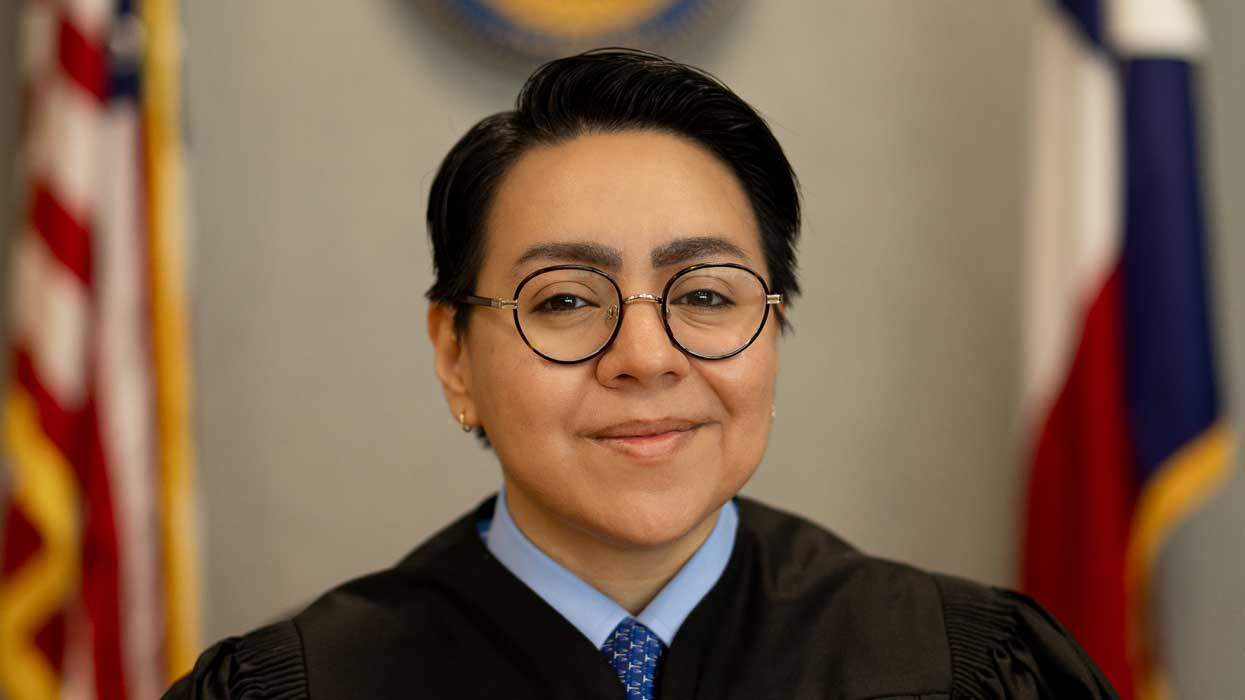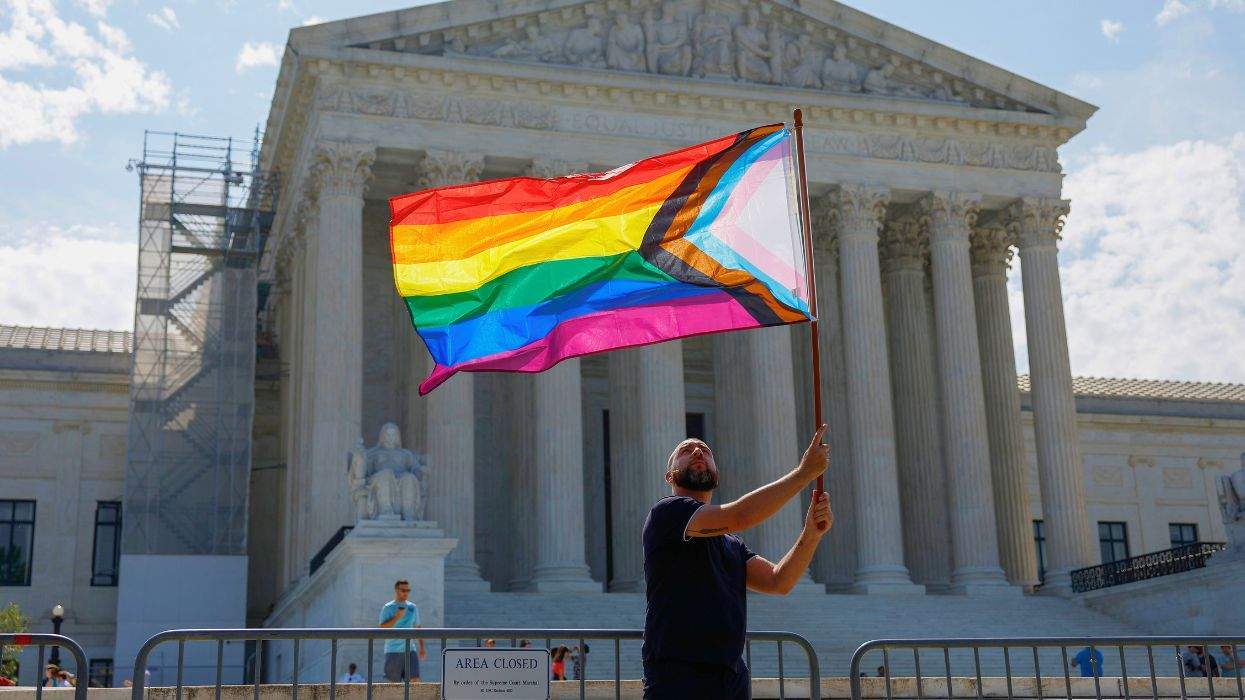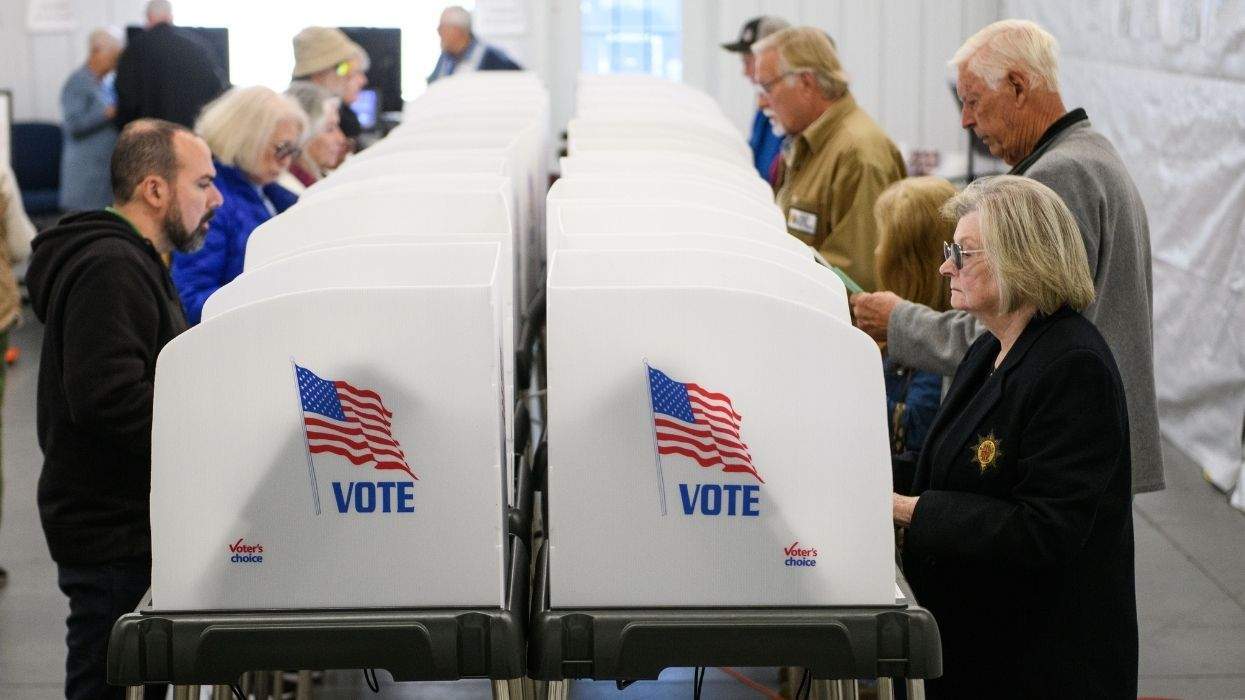In our post-Behind the Music and E! True Hollywood Story era, biographies of formerly drug-addled celebrities have become quite common. Though admissions of chemically induced sinning might have raised eyebrows in a predigital time, repeated confessionals of this ilk have inured us to the perils of fame and wealth.
Carrie Fisher, the daughter of screen star Debbie Reynolds and philandering crooner Eddie Fisher, has been quite successful in parlaying her Hollywood lineage and substance abuse problems into a career. Yet her brilliant insights and quotable quips have set her apart and kept audiences coming back for more since her debut novel and its subsequent film adaptation, Postcards From the Edge. Her many relationships and addictions, not to mention the legacies of George Lucas's vision of hair and makeup in outer space, has led Fisher to the stage of the Geffen Playhouse in Los Angeles.
Clad all in black and bathed in a dreamy cyan glow, she opens her new one-woman show Wishful Drinking belting "Happy Days Are Here Again," looking fresher and ebullient than her turbulent 50 years should allow. The acid-tongued chronicler of fame, Hollywood, drugs, and mental illness anchors her potentially exploitative and melodramatic biographical tales by declaring, "If my life weren't funny, it would just be true, and that's unacceptable."
Performing to a crowd comprised mostly of older married couples and gay men, Fisher briefly riffs on the cultural archetype of "the survivor" that has often been forced upon her. When celebrities such as Fisher or Cher or Madonna are lionized by queer media, surviving seemingly insurmountable obstacles is often invoked to legitimate their iconic status. Because LGBT people have faced hardship and strife, the logic goes, they gravitate toward similar personalities. Yet Fisher reminds us that she is not seeking applause or gold stars for trying to stabilize her life, nor should we give her any. The way in which Fisher can spin her web of tragedy into one of ironic comedy is what makes her remarkable, not the simple facts of her survival.
Fisher mines plenty of humor and insight from her sordid material; there was the father-daughter cocaine-snorting, her second husband's shocking admission of homosexuality, her diagnosis of bipolar disorder, and the devastating loss of R. Gregory Stevens, the gay Republican who overdosed in her bedroom. Unfortunately, she simply does not have the stage presence of other show-biz doyennes like Elaine Stritch and Bea Arthur, who have also recently mounted one-woman productions. During the show's 90 minutes, Fisher never finds a comfortable position--whether she's walking across the stage, perching herself on a stool, or cozying up to the audience in an easy chair, her palpable trepidation remains throughout. Fisher is also sorely lacking a refined sense of comedic timing, leading to a series of awkward stops and starts and a show without a cohesive rhythm.
Thankfully, her stock-in-trade biting one-liners, which border on the aphoristic, are in abundant supply. Whether it's the very title of the show or her description of her parents' modernist mansion as "the embassy...a place where you'd go to get documents signed" or her characterization of manic-depressive impulses as "edicts from the Vatican," Fisher's rhetorical knack always sparkles just as brightly as the sequins clinging to the slightly sexier ensemble she dons for the second half of the show. Though Fisher exudes considerable warmth as a performer, her talents clearly belong in the literary realm. The stage is not her domain--at least not yet.
Wishful Drinking runs until January 14, 2007, at the Geffen Playhouse in Los Angeles. Ticket information can be found by visiting www.geffenplayhouse.com or calling the box office at (310) 208-5454.















